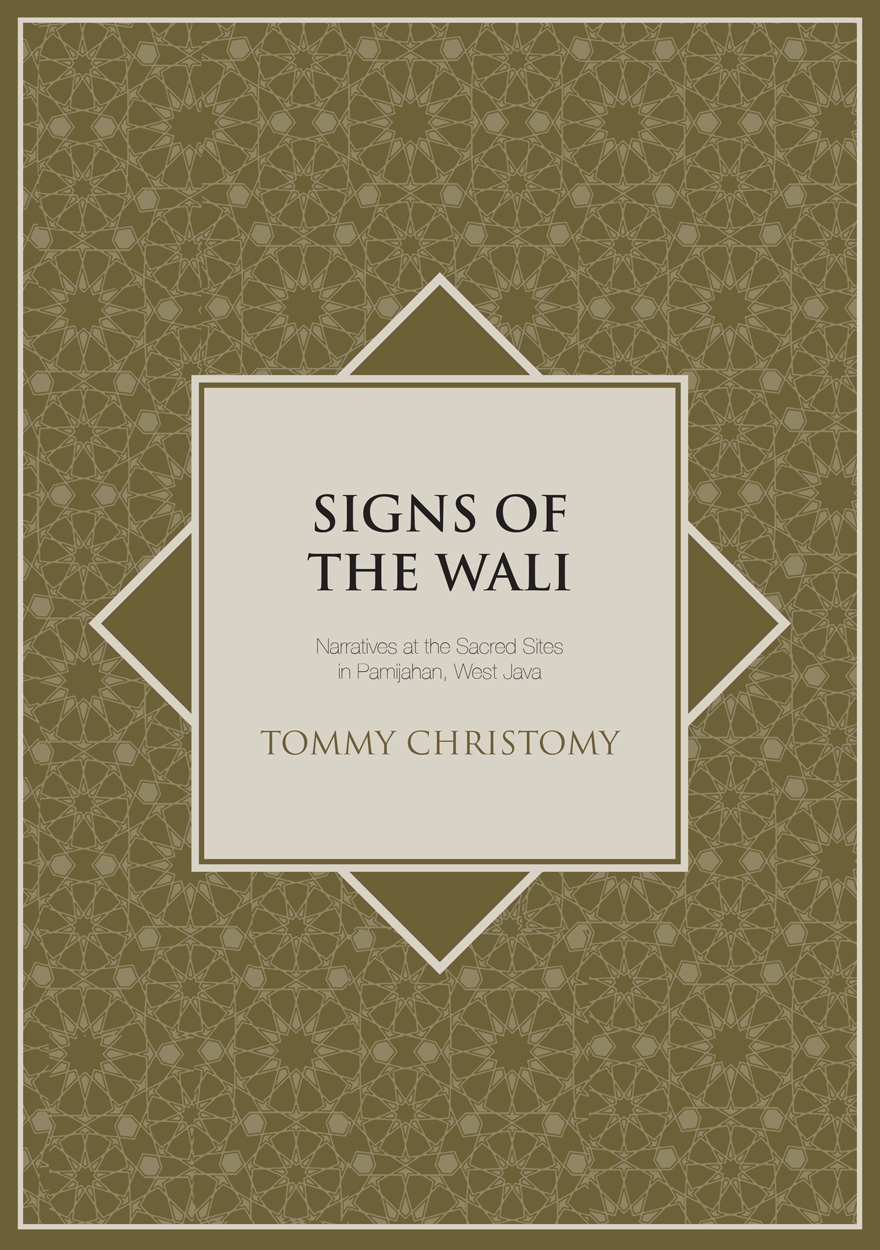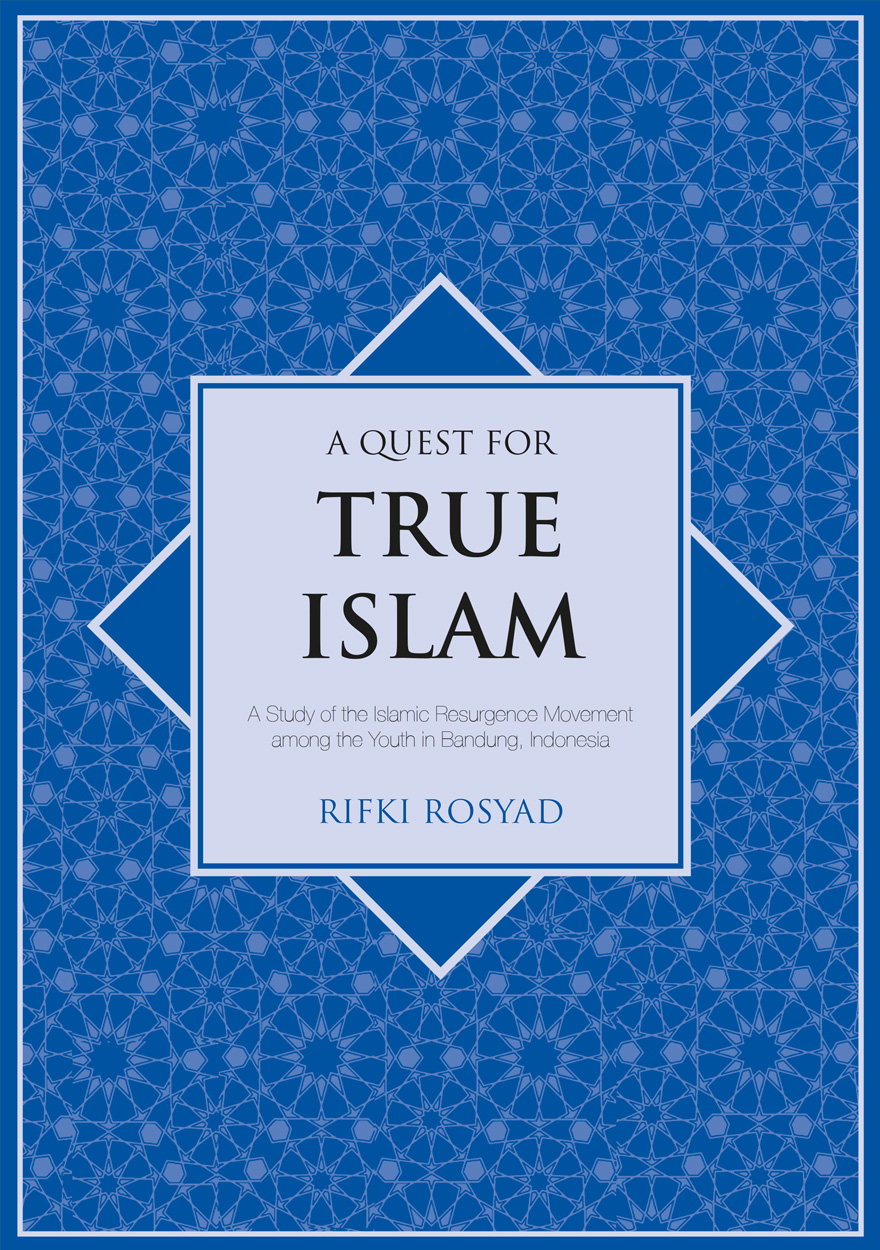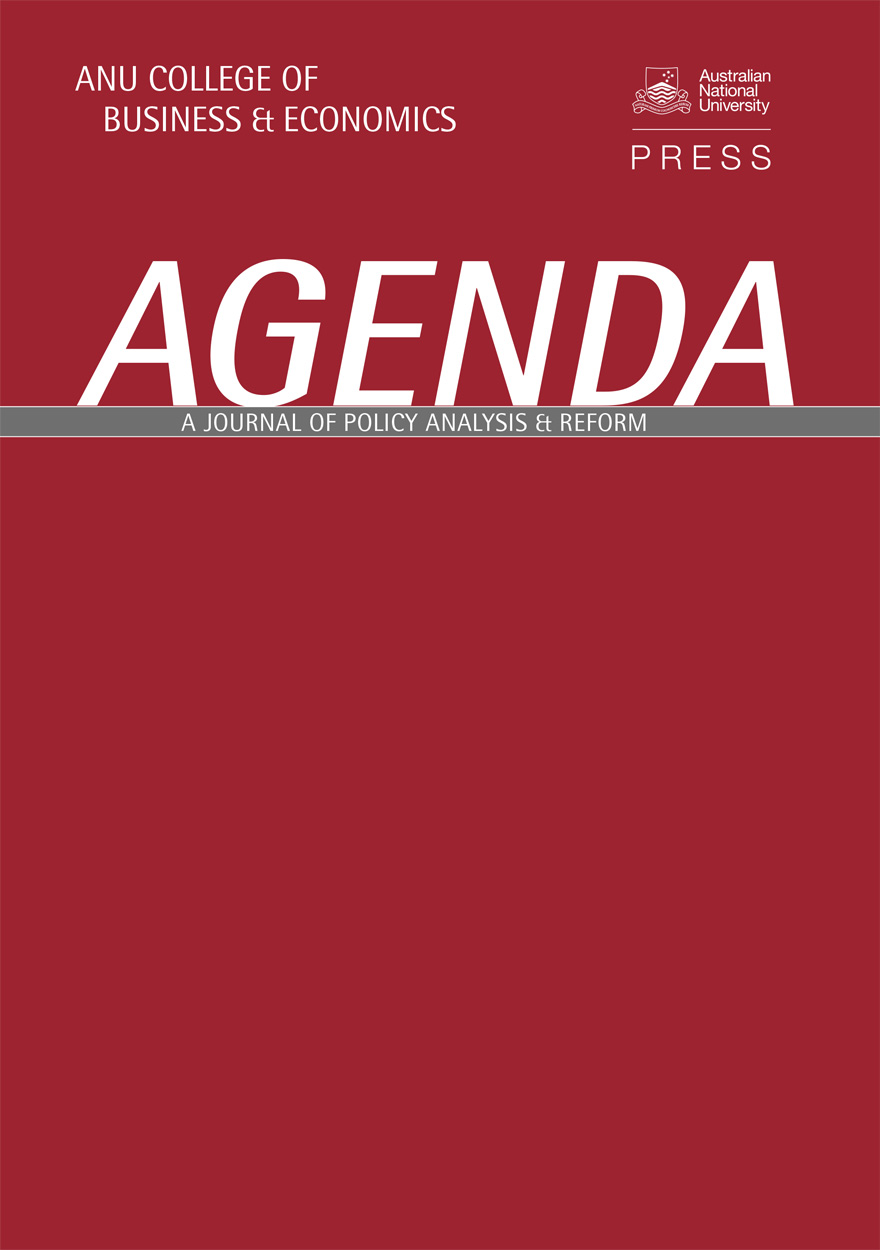Search titles
Displaying results 61 to 70 of 82.

Precedence »
Social Differentiation in the Austronesian World
Edited by: Michael P. Vischer
Publication date: May 2009
This collection of papers is the sixth volume in the Comparative Austronesian series. The papers that comprise this volume examine the concept of precedence as a form of local discourse and as a mechanism for ordering status, at different levels, within specific Austronesian-speaking societies. This is the first volume of its kind to focus entirely on precedence and to provide an explication of its social uses and the way in which it is contested. Each paper is ethnographically-focused and offers its own distinctive approach to the examination of precedence. The papers, however, relate closely to one another and are thus able to proffer a variety of comparative reflections.

Islamising Indonesia »
The Rise of Jemaah Tarbiyah and the Prosperous Justice Party (PKS)
Authored by: Yon Machmudi
Publication date: November 2008
The Prosperous Justice Party (PKS) is the most interesting phenomenon in contemporary Indonesian politics. Not only is it growing rapidly in membership and electoral support, it is also bringing a new and markedly different approach to Islamic politics, one which has no precedent in Indonesian history.
Understanding PKS and analysing its political behaviour presents challenges to scholars and observers. This is partly due to the fact that the party represents a new trend within Indonesian Islam which has few parallels with preceding movements.
Yon Machmudi has rendered us a valuable service. In this book, he provides a thoughtful and authoritative context for viewing PKS. He critiques the existing categorisations for Indonesian Islam and points to their inadequacy when describing the PKS and the campus-based Tarbiyah movement from which it sprang. He reworks the santri typology, dividing it into convergent, radical and global substreams. This offers new possibilities for explaining the PKS phenomenon and assists in differentiating between various types of Islamic revivalism in contemporary Indonesia. It also allows a more understanding of the accommodatory stance which PKS has towards the state and other political forces.
Yon’s text provides a good overview of the development of PKS from its Tarbiyah movement origins to its impressive success at the 2004 general elections. It considers the party’s attitude towards the issues of sharia implementation and community welfare and closes by examining the future challenges facing PKS.
It is a well written and authoritative account from a scholar who has done wideranging research on the party.

The Workshop for Morality »
The Islamic Creativity of Pesantren Daarut Tauhid in Bandung, Java
Authored by: Dindin Solahudin
Publication date: August 2008
This volume is a remarkable study of a most unusual pesantren. Officially known as Pesantren Daarut Tauhid, this pesantren was located in Bandung and flourished at the beginning of a period of Islamic resurgence in Indonesia. More commonly referred to as the Bengkel Akhlaq, this ‘Workshop for Morality’ exerted a special appeal to groups of young urban Muslims, particularly students. Its founder was H. K. Abdullah Gymnastiar, popularly known as Aa Gym, who later went on to become one of Indonesia’s most important Muslim preachers and television celebrities.
The Workshop for Morality is a superb work of both historical and ethnographic relevance that reflects the capacity of its author, Dindin Solahudin, to capture a critical moment in the development of Islam in contemporary Indonesian society.

Signs of the Wali »
Narratives at the Sacred Sites in Pamijahan, West Java
Authored by: Tommy Christomy
Publication date: April 2008
In Signs of the Wali, Dr Tommy Christomy focuses on the one of the early founders of Islam on Java, Shakyh Abdul Muhyi, whose burial site at Pamijahan in Tasikmalaya is a place of contemporary ziarah. This study initially conceived of as a philological exploration of historical manuscripts has been transformed into a study of ‘living manuscripts’ – the contemporary narratives of the custodians at Pamijahan.
As elsewhere in the Islamic world, tarekat and ziarah intersect in popular practice at Pamijahan. Dr Christomy explores this intersecting world, explaining the steps of his own research investigations that enfold as a journey of discovery as he proceeds. This investigation involves the search for traces of Tarekat Shattiriyyah in Pamijahan, given the pervasive presence of Tarekat Qadirriyah-Nashabandiyyah throughout Tasikmalaya. That Tarekat Shattiriyyah survives to this day is itself evidence of the tenacity that its historical roots have established in a particular place.

History as Policy »
Framing the debate on the future of Australia’s defence policy
Edited by: Ron Huisken, Meredith Thatcher
Publication date: December 2007
The fortieth anniversary of the Strategic and Defence Studies Centre’s founding provided the opportunity to assemble many of Australia’s leading analysts and commentators to review some of the more significant issues that should define Australian defence policy.
In the first 20 years after its establishment, SDSC scholars played a prominent role in shaping the ideas and aspirations that eventually found official expression in the 1987 Defence of Australia White Paper. This policy sustained a coherent balance between strategy, force structure and budgets for well over a decade. In recent years, however, the cumulative effects of the end of the Cold War and watershed events like the East Timor experience; the attacks on New York and Washington, D.C., in September 2001; the Bali bombings in October 2002; and the invasion of Iraq in March 2003 have fractured the former consensus on defence policy. These developments have eroded acceptance of the core judgements underpinning defence policy. This has led to a more tenuous connection between some recent major equipment acquisitions and declared policy.
The unravelling of the consensus on the ‘defence of Australia’ policy means that we must again undertake a balanced, long-term assessment of the nature of Australia’s strategic interests. Only by doing so can we determine the kinds of armed forces that would contribute most effectively to protecting those interests. The papers collected in this volume are not informed by a common view of where Australia should focus its defence policy, but all address themes that should figure prominently in this difficult but essential task.

Struggling for the Umma »
Changing Leadership Roles of Kiai in Jombang, East Java
Authored by: Endang Turmudi
Publication date: October 2007
This thesis focuses on the relationship of Indonesian kiai (‘ulama: religious leaders) in Jombang to their wider social and political situation. It argues that the charismatic authority exerted through the leadership of the kiai in Java has limitations in terms of its legitimacy. At the very least it has boundaries that determine areas or circumstances for its legitimate expression. It also argues that the kiai’s influence in politics is not as strong as in other domains. Despite being a charismatic figure, only a minority of followers feel compelled to follow the kiai’s political example. Differences between the kiai and his followers in relation to political behaviour are common, especially after the transformation of the Islamic political party. Nevertheless, the role of the kiai in general remains important in the eyes of Muslim society.

A Quest for True Islam »
A Study of the Islamic Resurgence Movement among the Youth in Bandung, Indonesia
Authored by: Rifki Rosyad
Publication date: July 2007
This study presents the contemporary Islamic resurgence movement among young people in Bandung Indonesia, focusing on its emergence, development and routinisation. It traces various factors and conditions that contributed to the emergence of the movement. It also tries to explain how and why young people (students in particular) turn to Islam, and how the movement is organised and developed among students. Finally, it examines internal changes among various Islamic groups as responses to social, political and cultural changes.

Boats to Burn »
Bajo Fishing Activity in the Australian Fishing Zone
Authored by: Natasha Stacey
Publication date: June 2007
Under a Memorandum of Understanding between Indonesia and Australia, traditional Indonesian fishermen are permitted access to fish in a designated area inside the 200 nautical mile Australian Fishing Zone (AFZ). However, crew and vessels are regularly apprehended for illegal fishing activity outside the permitted areas and, after prosecution in Australian courts, their boats and equipment are destroyed and the fishermen repatriated to Indonesia. This is an ethnographic study of one group of Indonesian maritime people who operate in the AFZ. It concerns Bajo people who originate from villages in the Tukang Besi Islands, Southeast Sulawesi. It explores the social, cultural, economic and historic conditions which underpin Bajo sailing and fishing voyages in the AFZ. It also examines issues concerning Australian maritime expansion and Australian government policies, treatment and understanding of Bajo fishing. The study considers the concept of “traditional” fishing regulating access to the MOU area based on use of unchanging technology, and consequences arising from adherence to such a view of “traditional”; the effect of Australian maritime expansion on Bajo fishing activity; the effectiveness of policy in providing for fishing rights and stopping illegal activity, and why Bajo continue to fish in the AFZ despite a range of ongoing restrictions on their activity.

Agenda - A Journal of Policy Analysis and Reform: Volume 10, Number 1, 2003 »
Publication date: April 2007
Agenda is a refereed, ECONLIT-indexed and RePEc-listed journal of the College of Business and Economics, The Australian National University. Launched in 1994, Agenda provides a forum for debate on public policy, mainly (but not exclusively) in Australia and New Zealand. It deals largely with economic issues but gives space to social and legal policy and also to the moral and philosophical foundations and implications of policy.
Subscribe to the Agenda Alerting service if you wish to be advised on forthcoming or new issues.
Download for free
Not available for purchase

Agenda - A Journal of Policy Analysis and Reform: Volume 7, Number 2, 2000 »
Publication date: April 2007
Agenda is a refereed, ECONLIT-indexed and RePEc-listed journal of the College of Business and Economics, The Australian National University. Launched in 1994, Agenda provides a forum for debate on public policy, mainly (but not exclusively) in Australia and New Zealand. It deals largely with economic issues but gives space to social and legal policy and also to the moral and philosophical foundations and implications of policy.
Subscribe to the Agenda Alerting service if you wish to be advised on forthcoming or new issues.
Download for free
Not available for purchase



